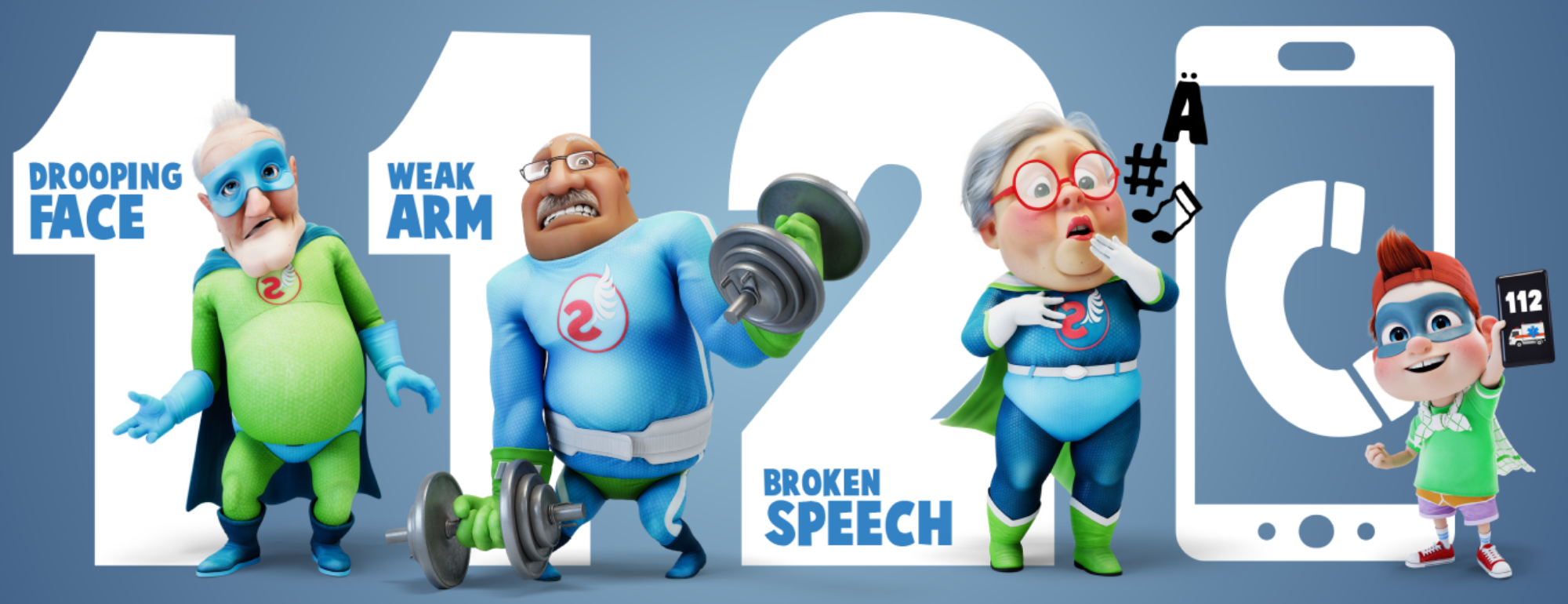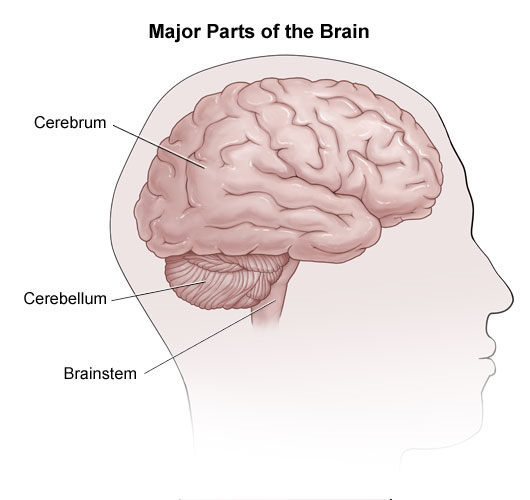Monaco Stroke Association
Did you know ... about 1 out of 4 people will have a stroke in their lifetime ...
...our vision is a world where people live free from the effects of stroke.
Engage with us!
ABOUT MONACO AVC
A stroke can change your life. Personally, I had 2, and I am very lucky to say am healthier than ever.
The Monaco Stroke Association, known as Monaco AVC (Accident Vasculaire Cérébrale), was born from my personal journey, but Monaco AVC needs also your donation, contribution, as well as any possible engagement of stroke patients, family members, and health professionals.
Our vision is a world where people live free from the effects of stroke, and this drives our effort to improve access to prevention, rehabilitation and support for patients in Monaco.
Volunteers and donors are welcome to support the association to continue the good work.
“Monaco AVC means a lot to me, and you can make a difference.”
Steven Saltzman
President Monaco AVC
PATIENT STORIES
Senator Mitch McConnell was freezing midsentence July 26 during a news conference. We wish him a speedy recovery in the name of Monaco AVC!
Read MoreDiscover Sherezade's TV documentary how she recovered from her stroke, and about the support of the health services in Monaco and Nice.
Read MoreThe Tragic Story Behind Princess Grace's Death in a Car Accident which was caused by a stroke
Read MoreThis is a generic article you can use for adding article content / subjects on your website.
Read MoreFAQ
NEWS & ARTICLES
DONATE
Your contribution counts - via PayPal, wire transfer, or by check to MonacoAVC, 13, Boulevard Princesse Charlotte, 98000 Monaco.
Bank details: Credit Agricole Provence Cote d'Azur
IBAN: FR76 1910 6006 3844 6988 8716 584
BIC: AGRIFRPP891
Please don't hesitate to contact us personally:
Mr. Steven SALTZMAN
Tél. +33 6 78 63 98 22

OUR Partners
CONTACT
- Monte-Carlo, Monaco-Ville, Monaco
- Le Victoria 13, Boulevard Princesse Charlotte 98000 Monaco
Membership in the MonacoAVC association is open to citizens, residents & regulars in Monaco, who are committed to supporting MonacoAVC and our vital work. Together we can educate, inspire, and mobilize the community to take action for a better world. Membership Fee is 100€. Join us!
Events
SHARE YOUR PERSONAL STORY

Sharing your story has the potential to help someone else feel less alone. Knowing more pain-points can help the Monaco AVC association to challenge the status quo, raise awareness for prevention, and necessary rehabilitation for stroke patients.
Join one of our meetings, join our WhatsApp group, and please also don’t hesitate to contact the Monaco AVC President, Steven Saltzman personally and share your story: Tel. +33 6 78 63 98 22
THERAPY & REHABILITATION
MEMBERs Forum

Here you can find a great community for sharing new ideas and talking about day to day life.
JOIN US!
Powered by 123ContactForm | Report abuse





 https://www.hopkinsmedicine.org/health/conditions-and-diseases/stroke/effects-of-stroke
https://www.hopkinsmedicine.org/health/conditions-and-diseases/stroke/effects-of-stroke








